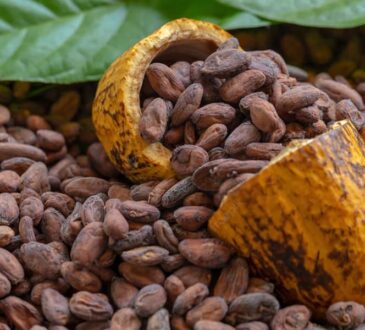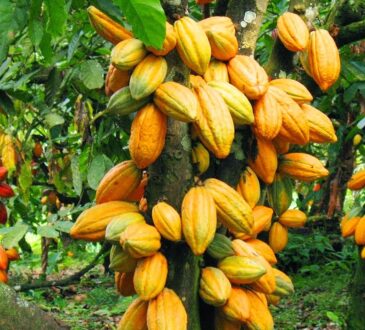
The Minority in Parliament has urged the government to promptly adjust the farm-gate price of cocoa to align with the recent surge in global market prices.
In a press release led by Eric Opoku, Ranking Member on the Parliamentary Select Committee on Food, Agric & Cocoa Affairs, the caucus highlighted the unprecedented rise in international cocoa prices, reaching an all-time high of USD 10,000 per ton. They underscored the urgent need for Ghana’s cocoa prices to reflect this global trend.
Furthermore, the statement emphasized the alarming decline in Ghana’s cocoa production, attributing it to factors such as global cocoa shortages and mismanagement under the current government.
The Minority expressed deep concern over the detrimental impact on the livelihoods of cocoa farmers, whose incomes are dwindling amidst rising international prices.
The Minority Caucus also criticized the government for failing to address smuggling issues, which resulted in significant losses for Ghana’s cocoa industry.
They condemned the apparent mismanagement exemplified by excessive administrative expenses within COCOBOD, citing extravagant expenditures such as expensive iPad keyboards for board members.
Calling for immediate action to revive the cocoa sector, the Minority stressed the necessity of aligning local cocoa prices with global market rates.
The Minority also argued that the average international market price of cocoa currently stands at Ten Thousand United States Dollars ($10,000) per ton (16 bags) of cocoa. This is equivalent to GHS130,000 per ton, at a conservative exchange rate of $1 to GHS13. This means that a bag of cocoa is currently being sold on the world market at about GHS8,125, while the Ghanaian farmer is being paid a paltry GHS1,308 by the insensitive and corrupt Akufo-Addo/Bawumia/NPP government.
“This is a clear rip-off of our hard-working cocoa farmers by the Akufo-Addo/Bawumia NPP government who continue to mismanage the cocoa sector.
They argued that such a move would not only support farmers but also deter illicit activities like cocoa smuggling, ultimately safeguarding the industry’s future.
By Eugene Davis







